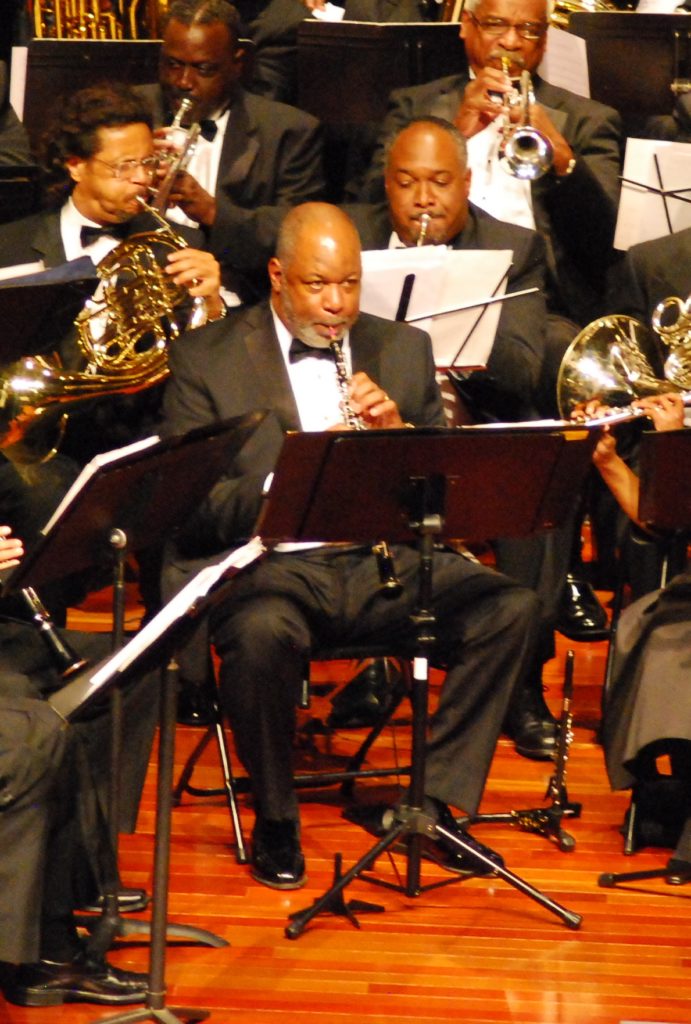
Douglas Hooker is an Atlanta-based engineer from Cincinnati, Ohio. He was born in Moultrie, GA. Later, he returned to Atlanta to attend the Georgia Institute of Technology and then to Emory University for graduate school. While this is not the typical background for most musicians or composers, he has found a way to make it work.
“In music, I get to live inside of my greatest hopes. I get to express myself emotionally in ways I cannot do otherwise.”
When asked about his secret, Mr. Hooker says, “I guess my secret is that I have the soul of a musician, heart of a composer, and the brain of an engineer. Music is a language [where a person can] express emotions in a safe place that they cannot give words too.”
Although Mr. Hooker once played up to seven (7) [Yes, we said 7 :-)] instruments during his early years at school, he never received any composition training. Douglas Hooker started his musical career by playing violin in the third-grade orchestra. Soon his mother would get him piano lessons to give him his second instrument. He would go on to learn the saxophone, tenor saxophone, viola, and oboe. After playing the viola in the youth symphony orchestra in Cincinnati, Ohio, he started playing the oboe. As a viola player in the ninth (9th) grade, he sat next to the oboe players, and there he fell in love with the beautiful sounds of the oboe. In the tenth (10th) grade, Mr. Hooker could not resist, and he switched to playing the oboe and stayed with it until the end of high school.
After high school, Mr. Hooker would head to Georgia Tech and focus on his engineering career. However, his love for music would not be forgotten and soon would call on him again. In 1990 while on a trip to see the religious sites of the Middle East, Douglas was inspired by the sites and the music he heard to write a symphony. From there, the Sinai Symphony was started in 1992 by him and completed in 2004. His symphony was a silent grand piece of art, which would not hit the public scene until 2006.
The DeKalb Symphony would give Mr. Hooker’s Sinai Symphony its first public performance. Douglas Hooker, like most musicians, was not content with only having one masterpiece composition. He would go on to write his second piece and others afterward.
After working with the orchestra to put on his pieces, Doug decided to start playing an instrument again. One to help with his musical composition but mainly to engage in the enjoyment, he found as a child when playing. However, a dilemma arose for him, which instrument should he start playing again? After thinking about it, he was drawn back to the double-reeded instrument that won his heart back in the ninth (9th) grade, the oboe.
Douglas Hooker resumed taking oboe lessons in 2010 then, in 2011, decided to join a local community orchestra. He joined the Metropolitan Atlanta Community Band and has been playing since then. When asked what his musical dreams are for the future, Mr. Hooker replied: “I hope to someday write a piece as beautifully nuanced and harmonic similar to “Copeland’s Our Town.”